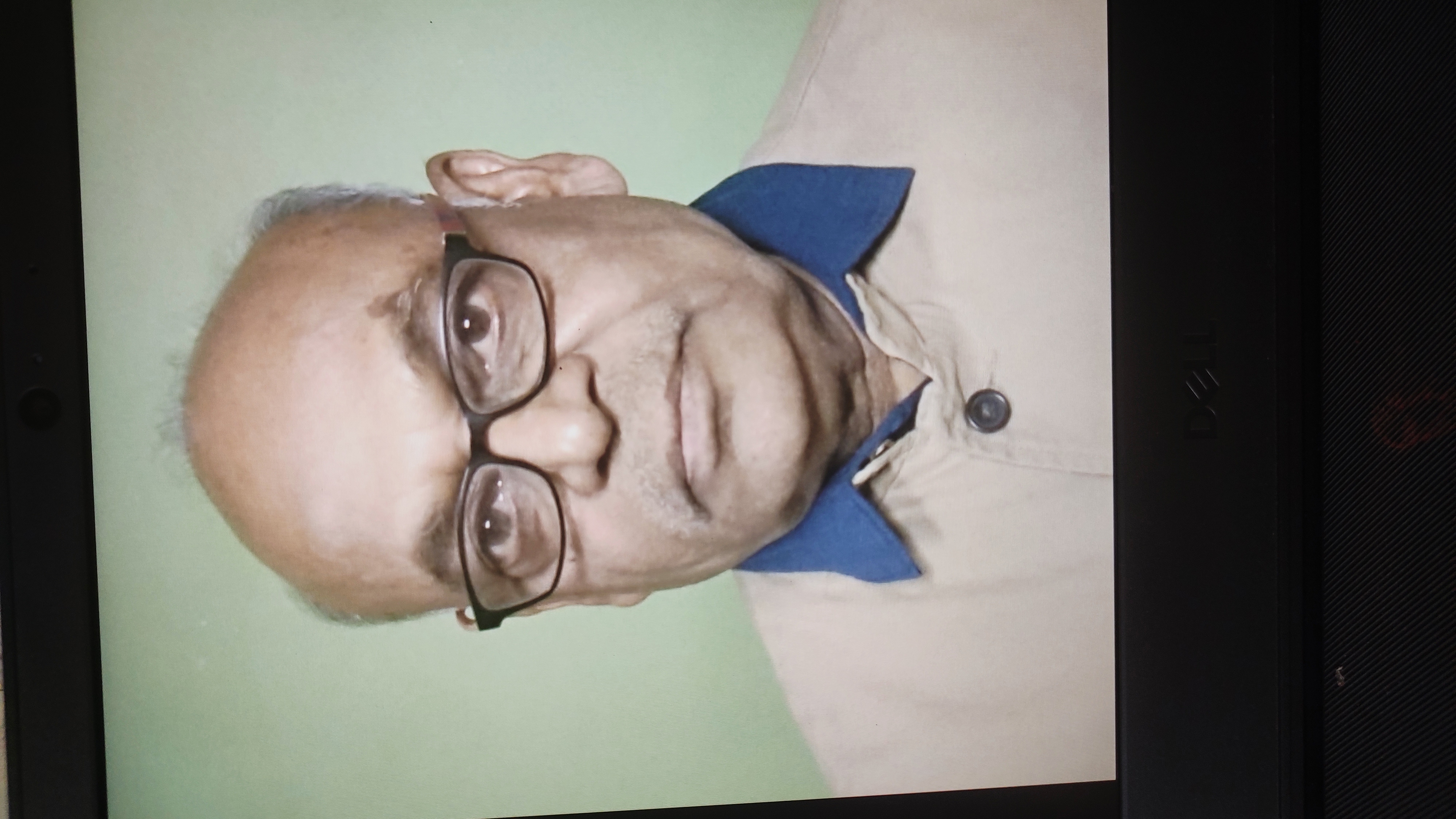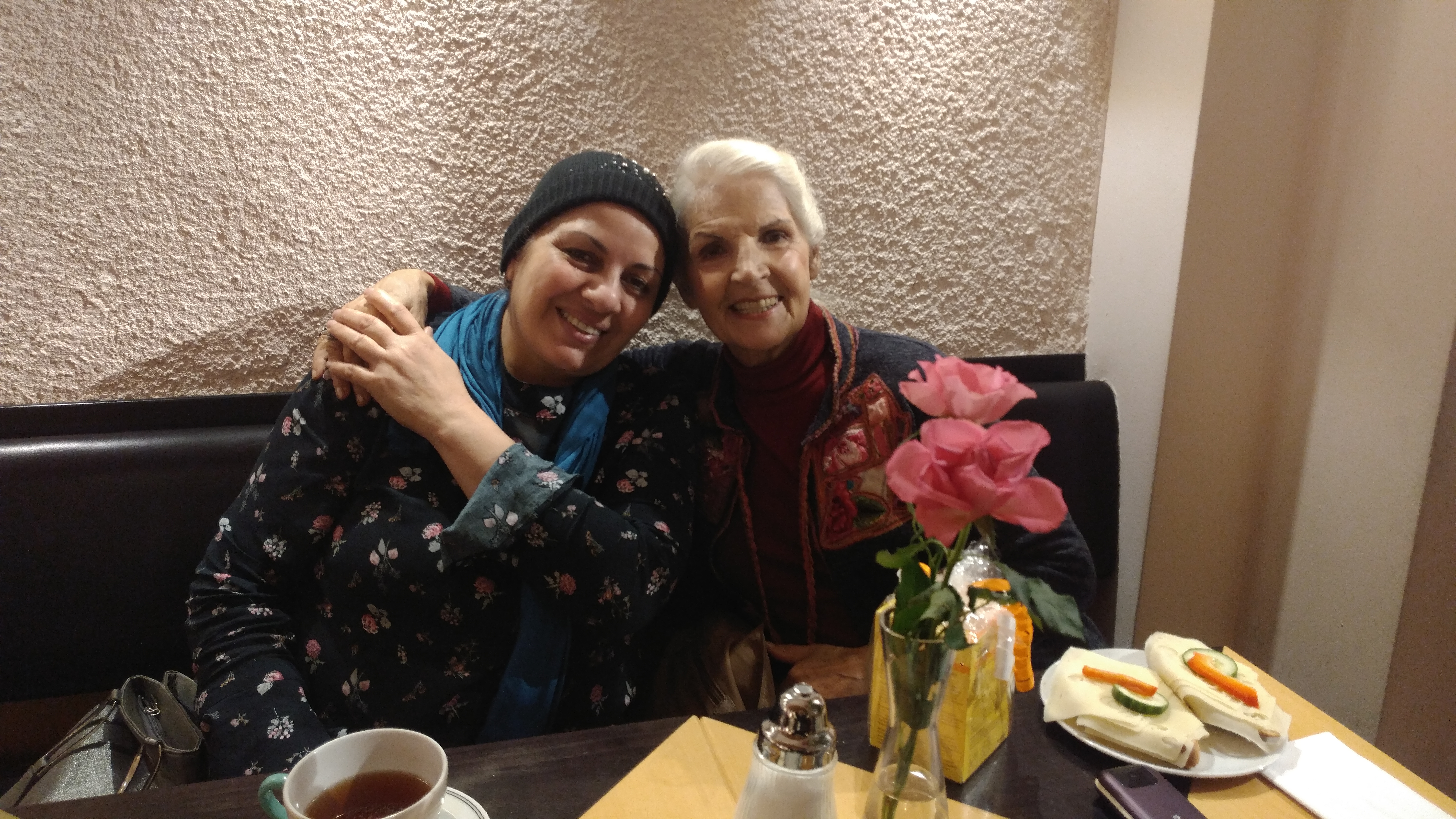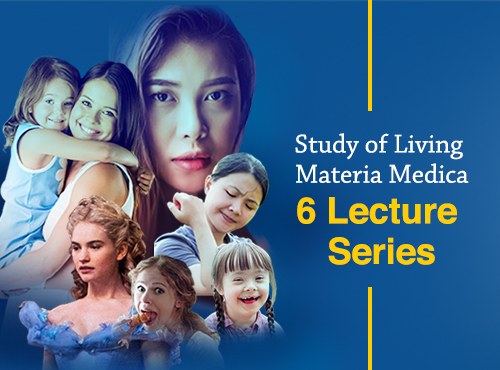Evidence Based Homeopathy & Nanopharmacology for Respiratory Allergies
- Online webinar, 3 hours of study.
- No time limit for completing your course.
- Evaluation test.
- Certificate of attendance
With the ever increasing popularity of Homeopathy worldwide, the highlight is on the explanation of the action of homeopathic medicine – referred as nanomedicine.
The one of the strongest bodies of scientific evidence in support of homeopathic medicine is in the treatment of respiratory allergies. Homeopathy has always been sought for respiratory allergies due to its immediate relief, long lasting effectiveness and no side-effects.
DANA ULLMAN, one of America’s leading advocates for homeopath is the expert speaker for this webinar to thoroughly explain evidence based homeopathic treatment. He will begin the webinar by discussing the science behind homeopathic medicine. He will bring the homeopathic science to life featuring its efficacy in respiratory allergies.
This will be an interactive and engaging webinar to learn and share experiences.
Learning Objectives:
- Review of scientific evidence of the efficacy of homeopathic medicines
- Materia medica on key homeopathic medicines in the treatment of respiratory allergies
- Discussion of several common remedies, some rare remedies, and some isopathic remedies
About Speaker


| 99 |
|
| 99 |
|
| 99 |
|





-05415453.jpg)
